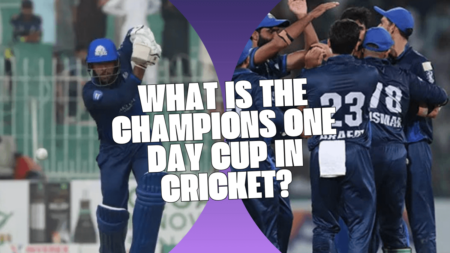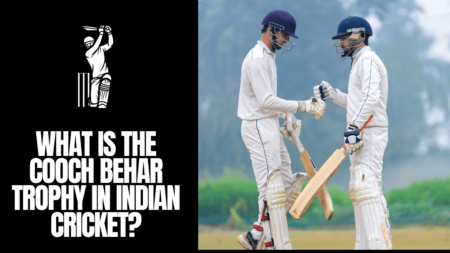

The International Cricket Council (ICC) is the governing body of cricket globally. The ICC has two types of memberships that it offers to participating nations: a full membership and an associate membership. This article will give details on the requirements of being a full member of the ICC.
A full member of the ICC can officially send it’s team to play test matches, vote in the meetings of the ICC and are also qualified to play limited overs international cricket. As of 2023, 12 teams have a full membership status: India, Australia, England, West Indies, New Zealand, South Africa, Pakistan, Zimbabwe, Ireland, Afghanistan, Bangladesh, and Sri Lanka.
In order to become a full member of the ICC, a nation has to prove its cricketing indulgence in four sections: performance, participation, infrastructure, and development.
PERFORMANCE
In order to be a full member nation, a team must have defeated an existing full member nation in the ICC World Cup (both 50-over and 20-over) in either the qualifiers or the main event. Alternatively a team must have registered at least four victories against full member nations in bilateral series of either T20 or ODI format that are played in the past eight years.
The team must feature in the ODI rankings or must have a first or second position finish in the Intercontinental Cup in the last eight years. Moreover, the team must have participated in at least three World cups in the last eight years.
The nation must have sent it’s women’s team in at least one World Cup (ODI or T20) in the last four years. The women’s side must also feature in the ODI rankings. Additionally, the team must have sent it’s U19 side in at least two editions of the U19 World Cup in the last eight years.
PATHWAY
A team is expected to have a definite junior circuit in place which paves the path for the players to make it to the national side. This applies to U19 and women’s cricket as well. A team must have a List A status in both 50-over and 20-over format. Moreover, there must be a National 50-over and a National 20-over tournament comprising of at least three teams. The aspirant team must also have a sufficient pool of players that ensures consistency in the selection of its players.
INFRASTRUCTURE
A nation must have at least two grounds accredited by the ICC that can host 50-over matches. Additionally, the number of grounds in the country must be enough to hold domestic competitions. It must also gave facilities of accommodation and internal travel for touring nations.
DEVELOPMENT
The national team must have a coordinated program for the acquisition of talent. It must have programs that can train umpires, coaches and curators. It should have recognition and support from the government.
The media of the country must also be well-versed in covering domestic tournaments. The nation must have a cricket culture right from the club level to the extent that it is strong enough to appoint a national director of the sport in the country.
An ICC full member nation thus expects it’s elite member to have an administration, recording and accounting system that is both coordinated and accurate.




